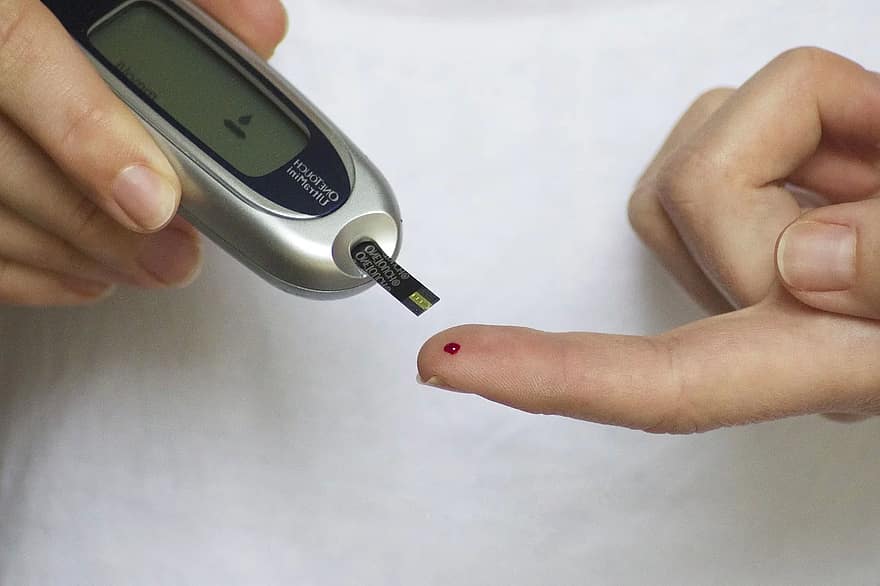A real-world clinical trial of pediatric Type 1 diabetes patients in the US has established that Tandem Diabetes Care’s closed-loop artificial pancreas system can increase the amount spent per day in a healthy blood sugar range.
Type 1 diabetes children can now regulate blood glucose
The artificial pancreas system monitors and regulates blood glucose levels automatically, and it is effective and safe in managing sugar levels of Type 1 diabetes in children from 6 years old. The National Institute of Diabetes and Digestive and Kidney Diseases (NIDDK) funded the study using the New England Journal of Medicine results.
Around 101 children were enrolled in the study in the control cohort using the standard CGM and separate insulin pump or the experimental group that used the artificial pancreas system. Data collection and check-ins were done weekly for four months. The participants continued with their daily routines so that the researchers could understand how the artificial pancreas works.
Artificial pancreas shows improvement in glucose level maintenance
The study results indicate a 7% improvement in maintaining blood sugar levels in range during the day for those using the artificial pancreas system. During the night, there was a 26% improvement relative to the control group using the standard CGM. It is important to note that night-time control is very important for type 1 diabetes patients because chronic unmonitored hypoglycemia can result in seizures, coma, and even death. The children showed improvement of 11% in overall time-in-range, which is almost a 2½ hour gain within range.
NIDDK’s director of Diabetes Technology Program, Guillermo Arreaza-Rubin, said few children with type 1 diabetes can successfully manage blood glucose levels within a healthy range with the standard CGM treatment. This may have severe consequences for the quality of life and long-term health. Areaza-Rubin said that the artificial pancreas system has been tested in people aged 14 years and above, and the latest study shows that the system can work in younger children.


